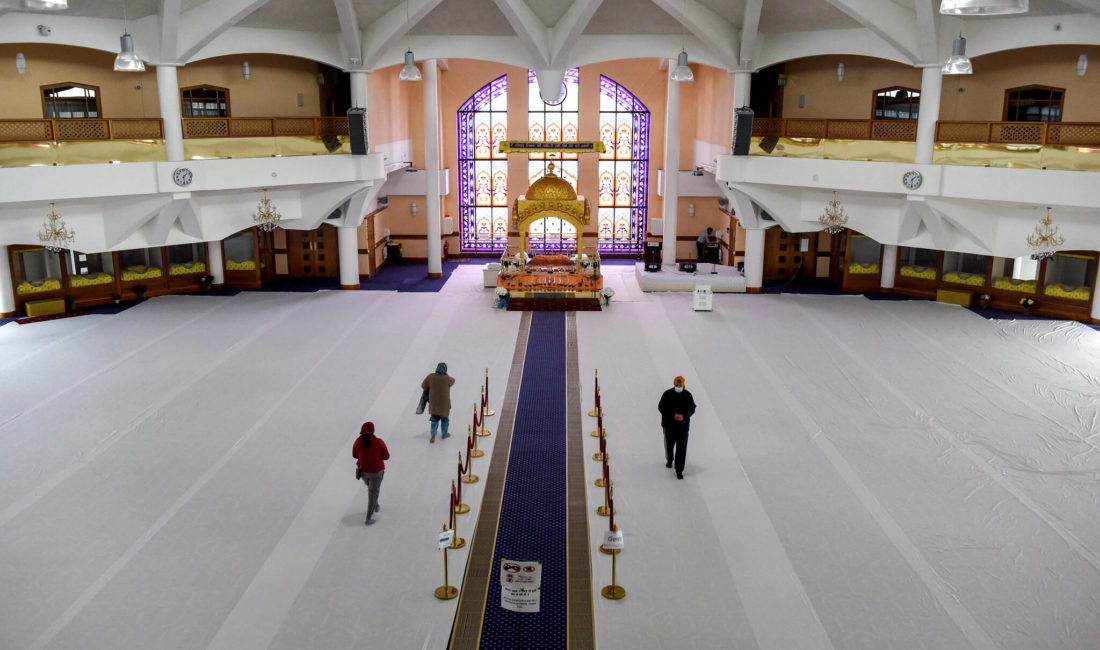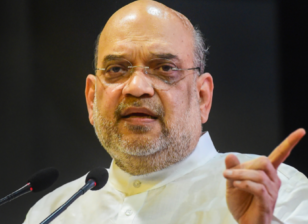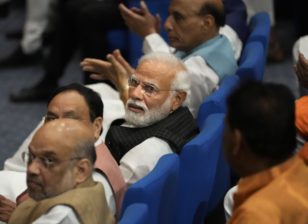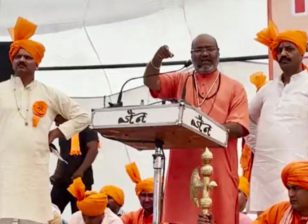‘Every Time I’m Calling, Someone Has Died’: The Anguish of India’s Diaspora
LONDON — First, there was the scramble to find her father a bed in intensive care. Then came the price gouging for an all but impossible to find therapeutic injection. And, through it all, countless hours on the phone with doctors, family and friends dealing with logistical problems.
From nearly 5,000 miles and five time zones away, Anuja Vakil, 40, has been struggling for the last 12 days to help manage care for her father, Jatin Bhagat, who lies in critical condition in a hospital in Ahmedabad, in India’s western Gujarat State. She knows he has been lucky to get care at all.
“When I pray to God now, it is for my dad,” Ms. Vakil said. “He has to come back.”
Cases of the coronavirus have exploded in India in recent weeks, up to nearly 400,000 a day, surpassing all records and still rising. As they have, so, too, has the collective grief and anxiety among the huge Indian diaspora, over loved ones lost or fighting for their lives amid a health-care system pushed past the brink. In WhatsApp chats, video calls, Facebook groups and forums, a global community has worried, mourned and organized.
Some 17 million people from India were living outside their homeland in 2020, according to figures from the United Nations, and millions more have Indian heritage, making the diaspora the largest in the world. In the United States, some 4.8 million people were either born in India or reported Indian ancestry on the last census.
They have looked on in horror as the country records more infections per day than any other since the pandemic began. For many, the pain has been accompanied by a realization of their worst fear: That when the people they love need them the most, they can’t be there to help.




